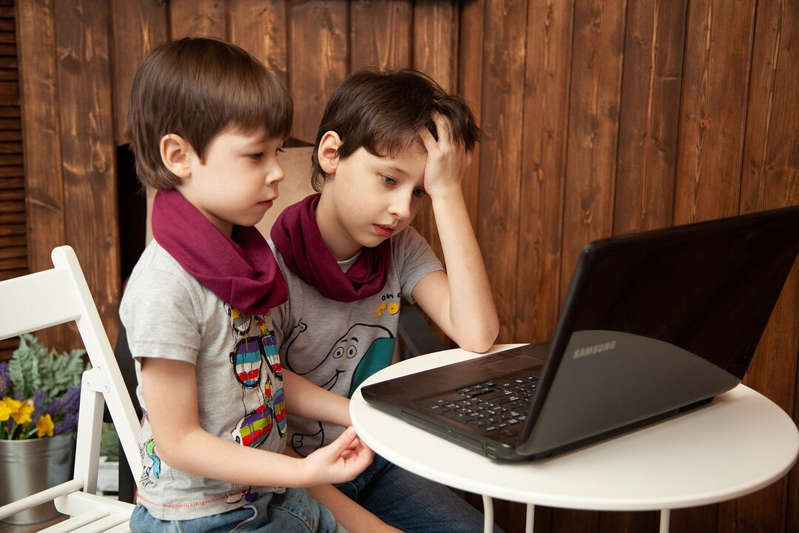
Leading Russian Internet companies, media holdings and telecom operators have signed a charter to protect minors from prohibited content on the Web. The firms formed the Alliance to Protect Children in the Digital Environment and made a number of voluntary commitments. According to the expert, in the country, in fact, there is now another online censorship filter.
Anton Shingarev, President for Corporate Relations of Yandex, became the chairman of the alliance. The charter was signed by:
Yandex; Mail.ru Group; Kaspersky Lab; National Media Group; Gazprom-Media Holding; “Megaphone”; Rostelecom; MTS; VimpelCom (Beeline brand).
The companies pledged to independently restrict children's access to harmful content, remove illegal information and promptly respond to relevant user complaints, as well as create a favorable digital environment for the development of children. In the latter case, we are talking about creating developmental and creative content, interaction with youth associations, finding and supporting future IT leaders and talented children.
Expert opinion
“It is hardly necessary to expect that the situation with teenage suicides or drug use will suddenly suddenly improve in connection with the adoption of the charter. This is not the first time that a child's tear has become the reason for the introduction of more and more restrictions on the Internet. As the experience of blocking sites since 2012 has shown, even despite hundreds of thousands of blocked resources, the situation is only getting worse. At the same time, this mechanism does not replace the blocking of Roskomnadzor, but supplements the number of players who have the right to independently make decisions about what to be on the Runet and what not. Now the filtering of private companies is being added to the state filtration, ”Sarkis Darbinyan, managing partner of the law firm Digital Rights Center, told Sekret.
He also added that there is little point in the companies' initiative, since already from February 1, 2021, Russia has a law that obliges companies to independently monitor their platforms and remove entire categories of various content. “In fact, this is the creation of the third filter of domestic online censorship,” Darbinyan said.
The expert recalled that earlier the authorities decided to allocate an additional 7 billion rubles to the nongovernmental organization “Institute of Internet Development” for Internet projects that form “civic identity and spiritual and moral values among young people.” It is this kind of content that will be promoted by the platforms that have signed the charter, Darbinyan suggested.
Photo: Pixabay, Pixabay License
Read also:
Russia wanted to introduce special SIM cards for children
The government will establish how much prohibited information can be shown to children
Control over YouTube recommendation algorithms announced in Russia
Iran refuses to return $ 500 million of debt to Russia for work on the construction of a nuclear power plant
The employer mistakenly transferred the salary of 1 million rubles to the maternity nurse. The court allowed her to keep the money for herself

